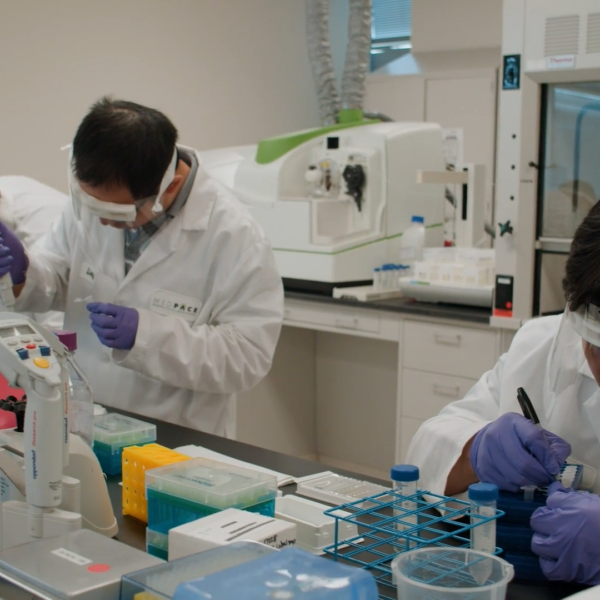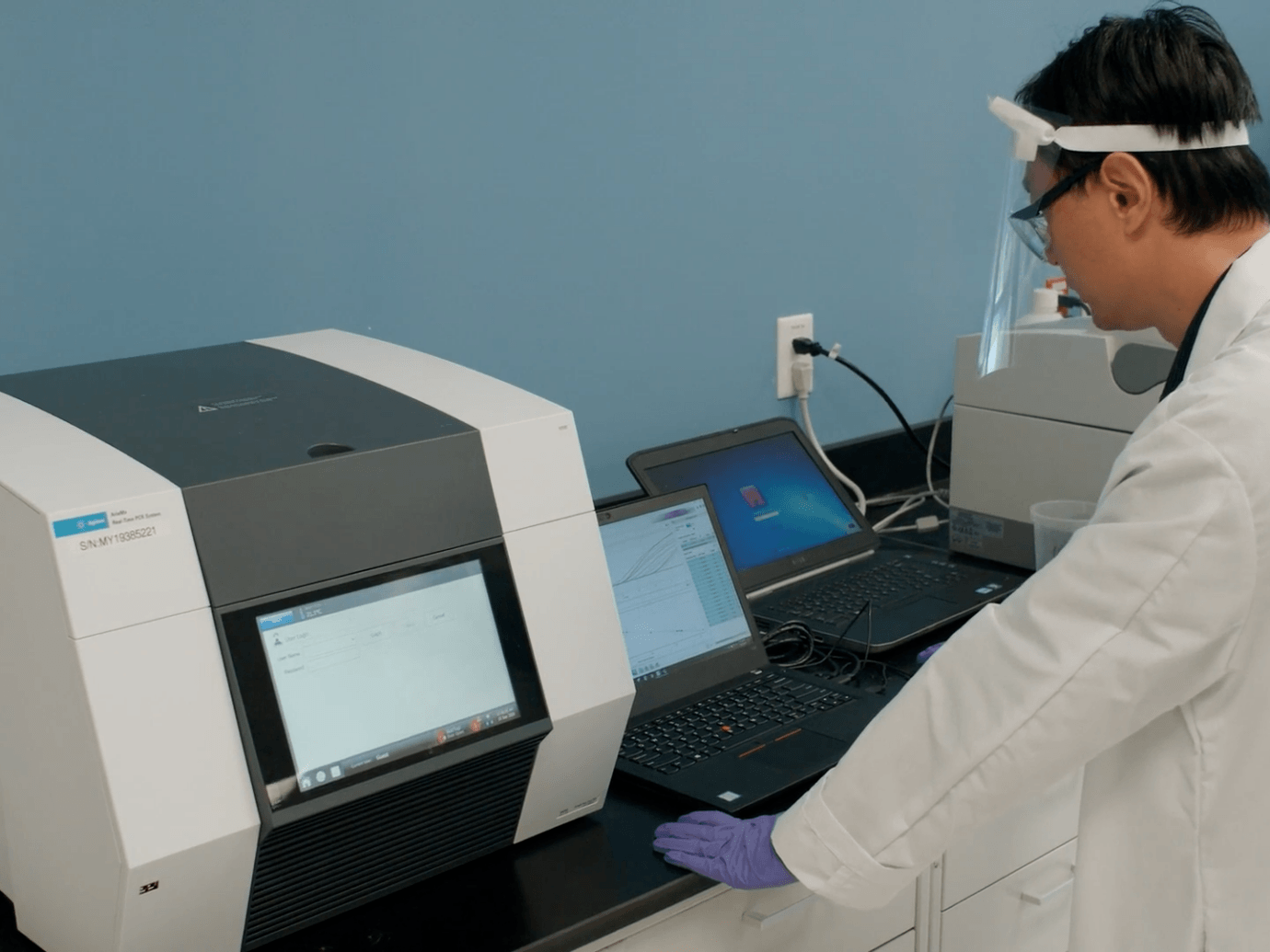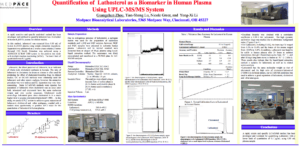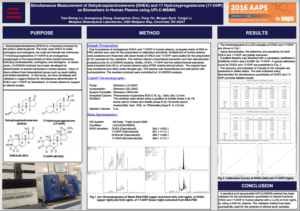
TK Studies for Small and Large Molecules
Toxicokinetic (TK) bioanalysis supports toxicology studies which typically use exaggerated doses in order to identify any toxicological responses that might be caused by the drug candidate and its metabolites. Due to the high concentrations of drug used to dose the animals, the concentration of drug in the blood is typically higher than that in human studies. Animal studies include small animals such as mouse, rat and rabbit, and large animals such as dog and monkey. With one of the highest PhD to staff ratios in the industry, Medpace expertly performs large molecule and small molecule preclinical TK bioanalysis and can support your toxicokietic studies.
GLP TK Studies
TK studies that will be submitted for regulatory purposes, such as an IND application, should be performed following good laboratory practices (GLP). The bioanalysis should also be performed under GLP. Medpace Bioanalytical Laboratories is an FDA registered lab and conforms to all GLP requirements when performing GLP studies.
Method Development and Validation
The Medpace bioanalytical team’s vast experience ensures method development and validation for TK bioanalytical methods occur efficiently. Our bioanalytical scientists are well-versed in many different types of compounds and that experience allows them to troubleshoot development issues quickly and effectively. All GLP TK validations follow FDA Guidance Document, Bioanalytical Method Validation (May 2018), a resource that the Medpace bioanalytical scientists are intimately familiar with.
Metabolite Identification
In a process called biotransformation, the body breaks down the drug producing metabolites of the compound. Drug metabolites could bind a different target or receptor than the actual drug – causing unintended consequences. This is of particular importance when the animal and human biotransformation of the drug differ; however, it is rare that a metabolite exists in human but not animals. It is far more common that the concentrations of metabolites differ significantly. According to the FDA, if one test species in a toxicology study forms a metabolite at equal or greater concentrations than the formation of human metabolites, it can be assumed that the impact of that metabolite, in regard to the overall toxicity assessment, has been established. If any metabolites form a toxic compound, an additional safety assessment may be needed.
Other cases in which metabolite quantification in a TK study are important include pro-drugs (drugs which require biotransformation to occur before they are active) or when the drug candidate is extensively metabolized, and the measure of the metabolite is the only way to establish exposure levels after administration of the drug candidate.





